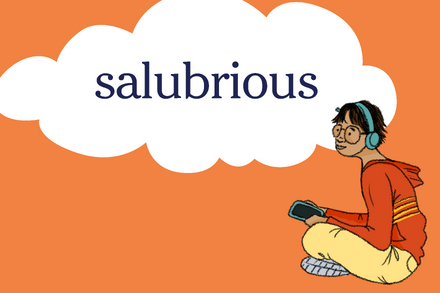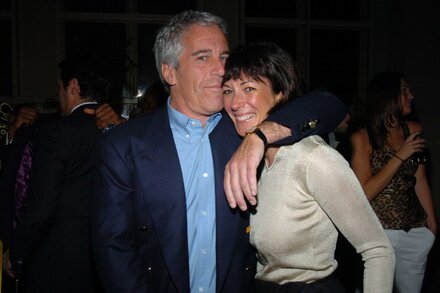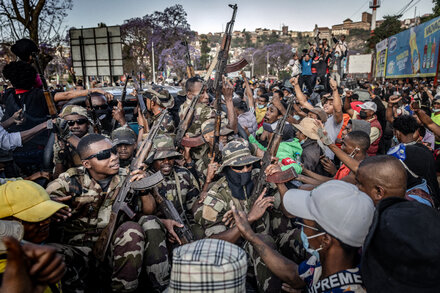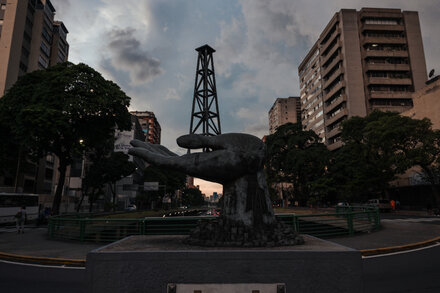Baristas at prominent coffee chains, notably Starbucks, are increasingly finding themselves at the nexus of broader societal “culture wars,” transforming their daily work into an unexpected arena for political and ideological confrontations. This shift has drawn attention to the escalating pressures faced by frontline service workers.
The phenomenon, as explored in a recent opinion piece, highlights how seemingly neutral commercial spaces can become battlegrounds for polarized public discourse. Employees, whose primary role is customer service, are now often navigating emotionally charged interactions stemming from issues far beyond coffee orders.
The Role of External Influence
Observations suggest that the involvement of public figures and commentators has played a role in this escalation. For instance, individuals like Charlie Kirk of Turning Point USA have, at times, encouraged their audiences to engage with businesses and their employees on specific cultural or political topics. These calls to action can lead to customers confronting baristas over corporate policies, social stances, or even personal expressions, such as pronouns or political attire.
For many baristas, these encounters represent a significant departure from standard customer service. They are tasked with maintaining professionalism and enforcing company guidelines while simultaneously de-escalating tense situations, often feeling unprepared for the intensity of such confrontations.
The author, an individual identifying as a barista, reflected on the perplexing nature of their current professional landscape, asking, “How did my fellow baristas end up on the front lines of a culture war?”
Impact on Frontline Workers
The consequences for these essential workers include increased stress, potential exposure to verbal abuse, and a reported decline in job satisfaction. What was once a relatively straightforward service role has, for some, become a daily challenge requiring delicate navigation of societal divides.
Starbucks, a global brand with a ubiquitous presence, often becomes a focal point due to its high visibility and status as a common public gathering space. The company, like many large corporations, faces the challenge of protecting its employees from these external pressures while also managing its brand image and navigating a complex public discourse.
The situation underscores a growing trend where everyday commerce intersects with deeply held political and cultural beliefs, placing ordinary service workers in the unenviable position of bearing the brunt of societal polarization.
Source: Read the original article here.





